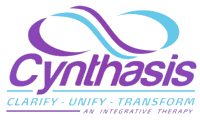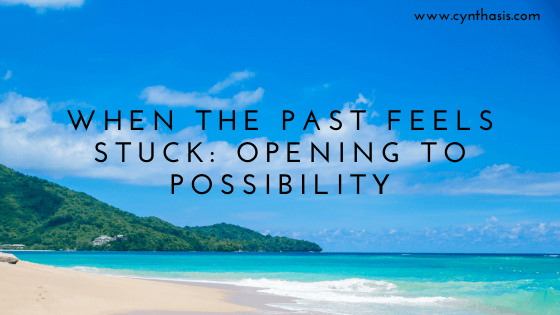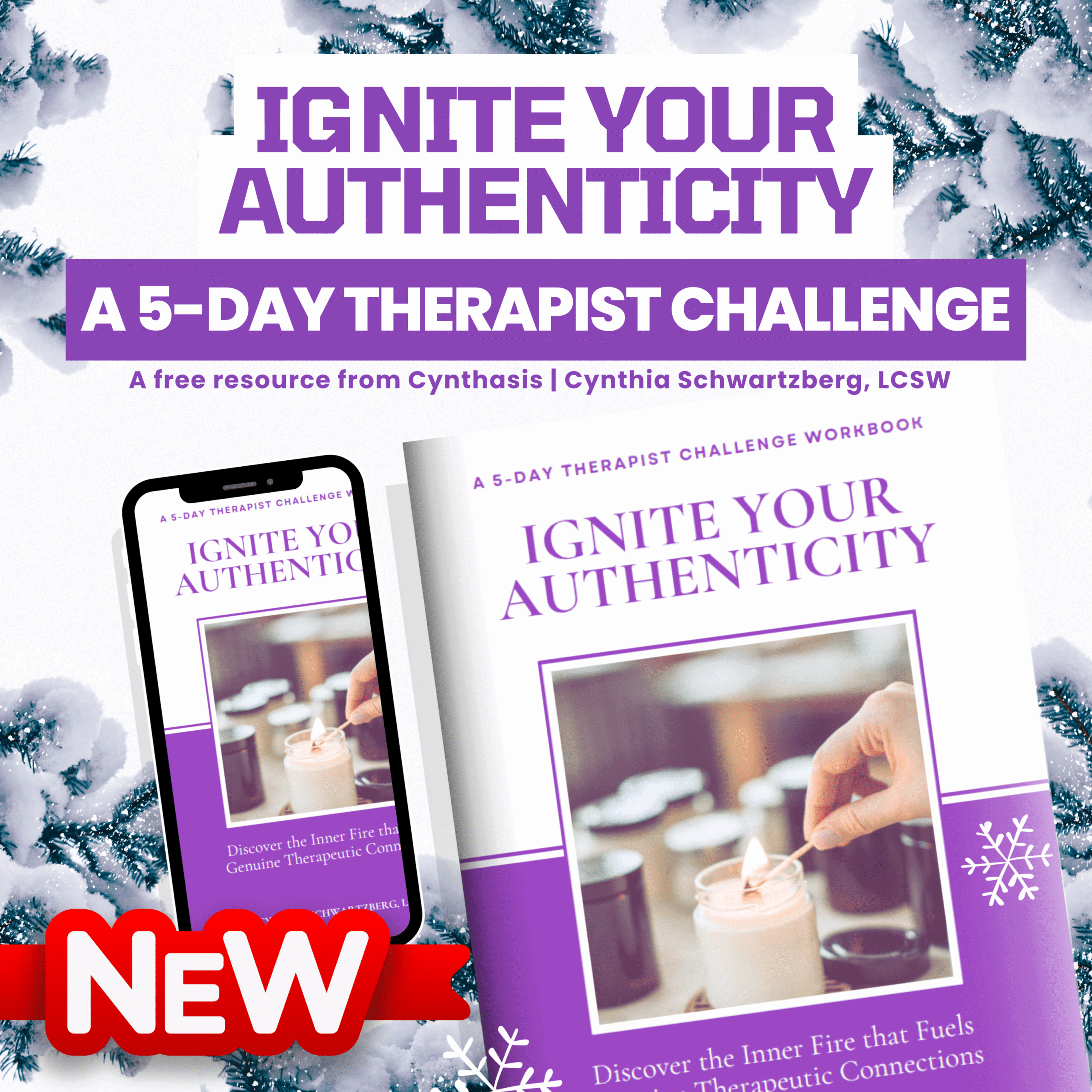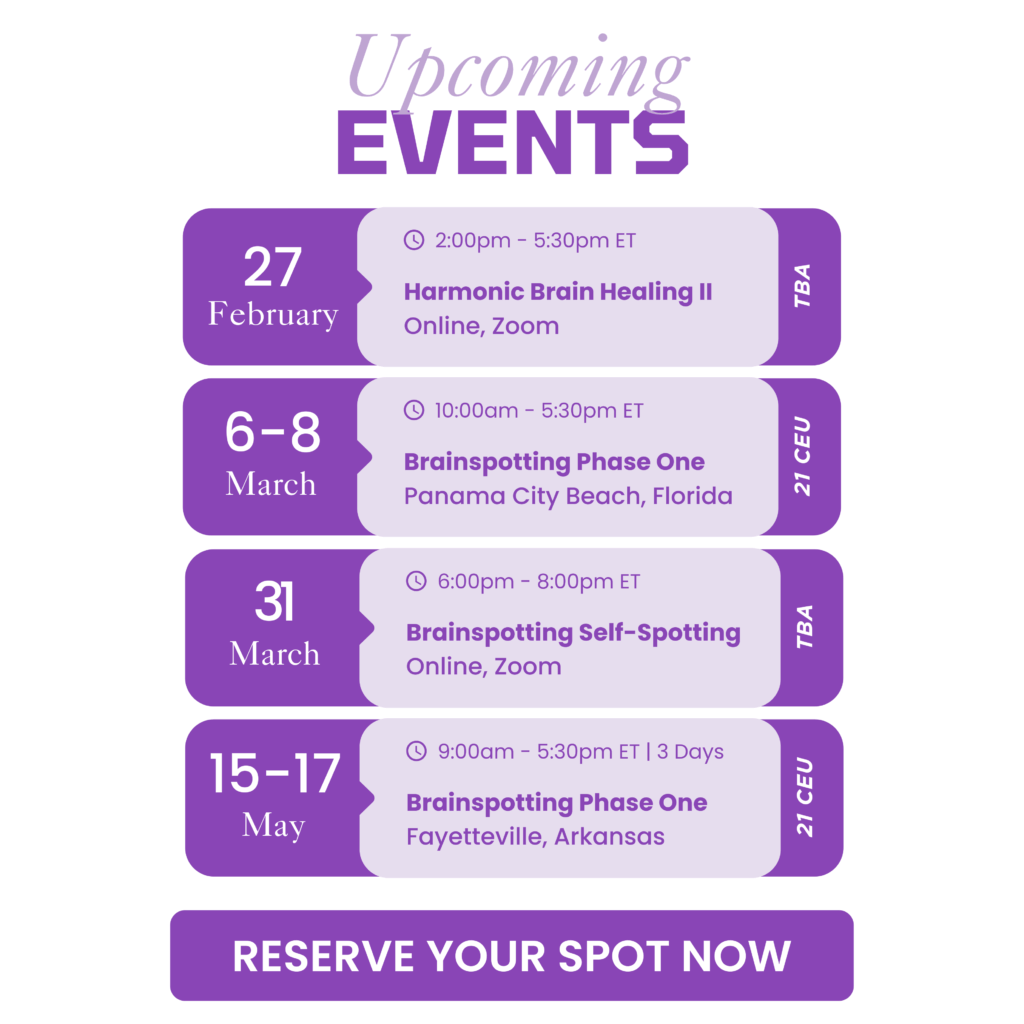 The holiday season is a wonderful time to deepen our healing and explore attunement, clearing Limbic Countertransference, and cultivating compassion for our clients, friends, family, and ourselves.
The holiday season is a wonderful time to deepen our healing and explore attunement, clearing Limbic Countertransference, and cultivating compassion for our clients, friends, family, and ourselves.
The holidays can be challenging for many, stirring up complex emotions and attachment wounds. As healers, we may feel even more impacted by the suffering of those around us. It’s crucial to align with our tools and support our own needs. This reminds me of the saying, “Put your oxygen mask on first, so you can help others.”
Empathy vs. Compassion
Let’s explore the difference between empathy and compassion, as pointed out in the research by Tania Singer and Olga Klimecki. (2014). Empathy is when we feel another’s suffering. As healers, this can sometimes lead us to become entangled in their experience, taking on their sadness, anxiety, or anger as if it were our own. While empathic resonance is a powerful tool, it can also risk compassion fatigue and burnout if we don’t balance it with healthy boundaries.
Singer and Olga Klimecki. (2014). Empathy is when we feel another’s suffering. As healers, this can sometimes lead us to become entangled in their experience, taking on their sadness, anxiety, or anger as if it were our own. While empathic resonance is a powerful tool, it can also risk compassion fatigue and burnout if we don’t balance it with healthy boundaries.
Compassion, on the other hand, allows us to hold space for another’s struggles with the desire to help them, while incorporating wisdom and care. The research by Singer and Klimecki has shown that we can train our brains to respond with compassion, activating neural pathways that keep us grounded even as we bear witness to difficult emotions. This process of compassion actually stimulates the pleasure areas of our brain, reducing burnout and helping us be more available to our clients.
Self-Compassion
 In addition to developing compassion for others, Kristin Neff provides a wealth of tools for self-compassion. I’ve found these tools incredibly helpful in managing Limbic Countertransference and supporting my personal growth. In the Curious Voyage class, we recently discussed the Yin and Yang of self-compassion Neff references, including ways to shift negative self-talk. So, when I leave a session needing self-care, it might include journaling or a warm bath, but it can also mean consciously redirecting my inner dialogue to be more compassionate.
In addition to developing compassion for others, Kristin Neff provides a wealth of tools for self-compassion. I’ve found these tools incredibly helpful in managing Limbic Countertransference and supporting my personal growth. In the Curious Voyage class, we recently discussed the Yin and Yang of self-compassion Neff references, including ways to shift negative self-talk. So, when I leave a session needing self-care, it might include journaling or a warm bath, but it can also mean consciously redirecting my inner dialogue to be more compassionate.
Just as we aim to be compassionate toward our clients, we must turn that lens inward. Studies show that self-compassion is a powerful antidote to burnout and compassion fatigue in healthcare professionals.
self-compassion is a powerful antidote to burnout and compassion fatigue in healthcare professionals.
As the holidays approach, I encourage you to join me in practicing self-care that nurtures self-compassion. This could be through soothing touch, self-affirming mantras, or simply allowing yourself to rest when needed. It can also mean honoring your boundaries and finding ways to navigate extra holiday demands.
Clearing Limbic Countertransference
 Our unresolved attachment wounds and traumas may become more pronounced during the holiday season. Let’s be mindful of our Limbic Countertransference and support each other as we continue our healing. As a gift for reading this, I’ve included a journal created for a talk with the Rocky Mountain Brainspotting Institute on Clearing Limbic Countertransference. If you are not a therapist, you can try this journal or enjoy both. Journaling is a great time to pause, take a few deep breaths, and reflect. It’s an ideal way to practice self-compassion. It can also foster a sense of grounded attunement, enabling us to support others.
Our unresolved attachment wounds and traumas may become more pronounced during the holiday season. Let’s be mindful of our Limbic Countertransference and support each other as we continue our healing. As a gift for reading this, I’ve included a journal created for a talk with the Rocky Mountain Brainspotting Institute on Clearing Limbic Countertransference. If you are not a therapist, you can try this journal or enjoy both. Journaling is a great time to pause, take a few deep breaths, and reflect. It’s an ideal way to practice self-compassion. It can also foster a sense of grounded attunement, enabling us to support others.
Cultivating Compassion in Relationships
Ultimately, compassion enhances the quality of presence and connection we bring to our personal and professional relationships. Meeting each person with warmth, acceptance, and a genuine desire to alleviate their suffering creates a profoundly healing experience.
professional relationships. Meeting each person with warmth, acceptance, and a genuine desire to alleviate their suffering creates a profoundly healing experience.
This doesn’t mean we have to be perfect—we all have our vulnerabilities and blind spots. But by practicing self-compassion and awareness, we can offer our best to clients, friends, and family.
As we move through the holiday season and into the new year, let’s hold each other in compassion and tend to our own needs. This compassionate awareness supports our open hearts for those who need us most.
Additional Resources
Attunement and Clearing Limbic Countertransference Journal
Connection Journal for the Holidays
Empathy and Compassion in Society 2012
The Mindful Self-Compassion Workbook, Kristin Neff








